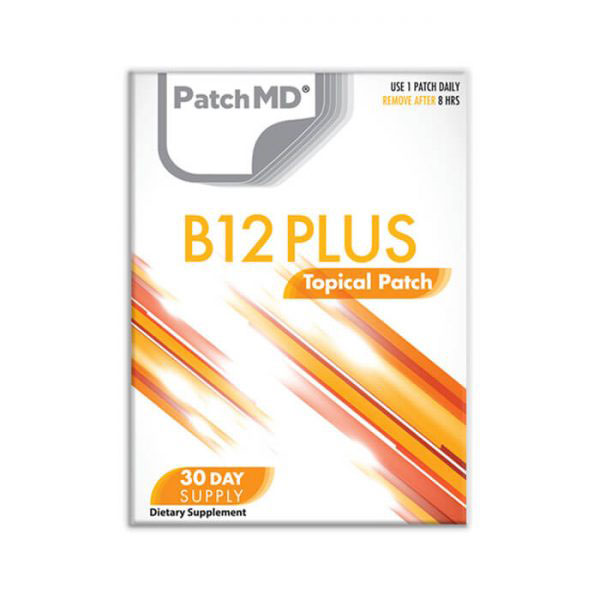Vitamin B12 Supplements Aid Elderly and Vegetarians
The older, those more than 50 years old enough, and vegetarians may profit by a vitamin B12 supplement. The older because of helpless digestion and capacity to absorb nutrients and vegetarians do not eat any meat products.

Vitamin B12 Defined
It is a water soluble vitamin, one of the eight B vitamins, playing a critical job in the ordinary functioning of the brain and nervous system. It is one of a kind in that it contains a metal ion, cobalt, and is alluded to as cobalamin. Methylcobalamin and 5-deoxyandenosyl cobalamin are the forms of the vitamin used in the human body. Most supplements of this fundamental vitamin use the form cyanocobalamin which converts to methylcobalamin and 5-deoxyadenosyl in the body.
Essential Importance
Involved in the metabolism of each cell of our bodies, especially affecting DNA synthesis and regulation, as well as unsaturated fat synthesis, The methylcobalamin is needed for function of the protein, methionine synthase, which is responsible for the methylation of sites within DNA and RNA, and is significant in cancer prevention. An inadequate function of methionine synthase may prompt an accumulation of homocysteine, which might be lead to coronary illness and other conditions.
The unsaturated fat synthesis and energy production is the part of 5-deoxyadenosylcobalamin needed by the compound that converts L-methymalonyl-CoA to succinyl-CoA. This plays a significant part in the production of energy from fats and proteins. Succinyl CoA is needed for the synthesis of hemoglobin, the oxygen carrying shade in red platelets with additional reading.
These syntheses are accomplished by microscopic organisms in the body. B12 is normally discovered bound to the protein in food that comes from animals, including fish, meat, poultry, milk, and milk products, yet especially in liver and shellfish. The hydrochloric corrosive in the stomach releases the vitamin from the food proteins during digestion. The vitamin is then combined with a substance delivered by typical gastrointestinal mucosa called the intrinsic factor (IF), that facilitates absorption. This combination is then absorbed by the intestinal parcel and then into the body being transferred to transcobalamin II serving as the plasma transmitter of the vitamin.
Protects Brain Shrinkage
In the September 9, 2008, issue of Neurology, a study, created by Anna Vogiatzoglou, MSC, with the University of Oxford in the United Kingdom, was conducted with 107 individuals between the ages of 61 and 87. The study found that individuals with more elevated levels of vitamin B12 were six times less liable to experience brain shrinkage which leads to loss of memory. Vitamin B12 deficiency can possibly cause severe and irreversible brain and nerve harm.